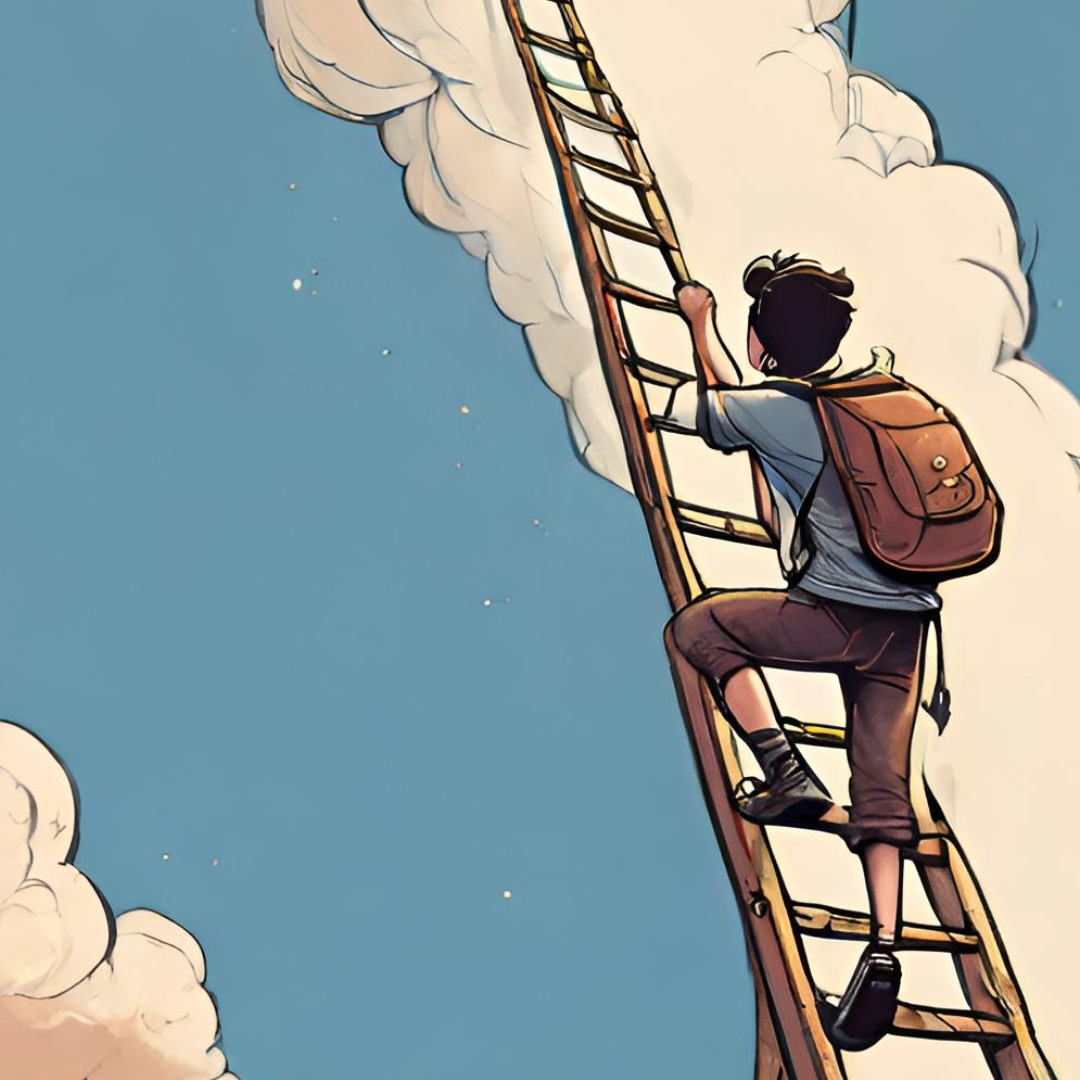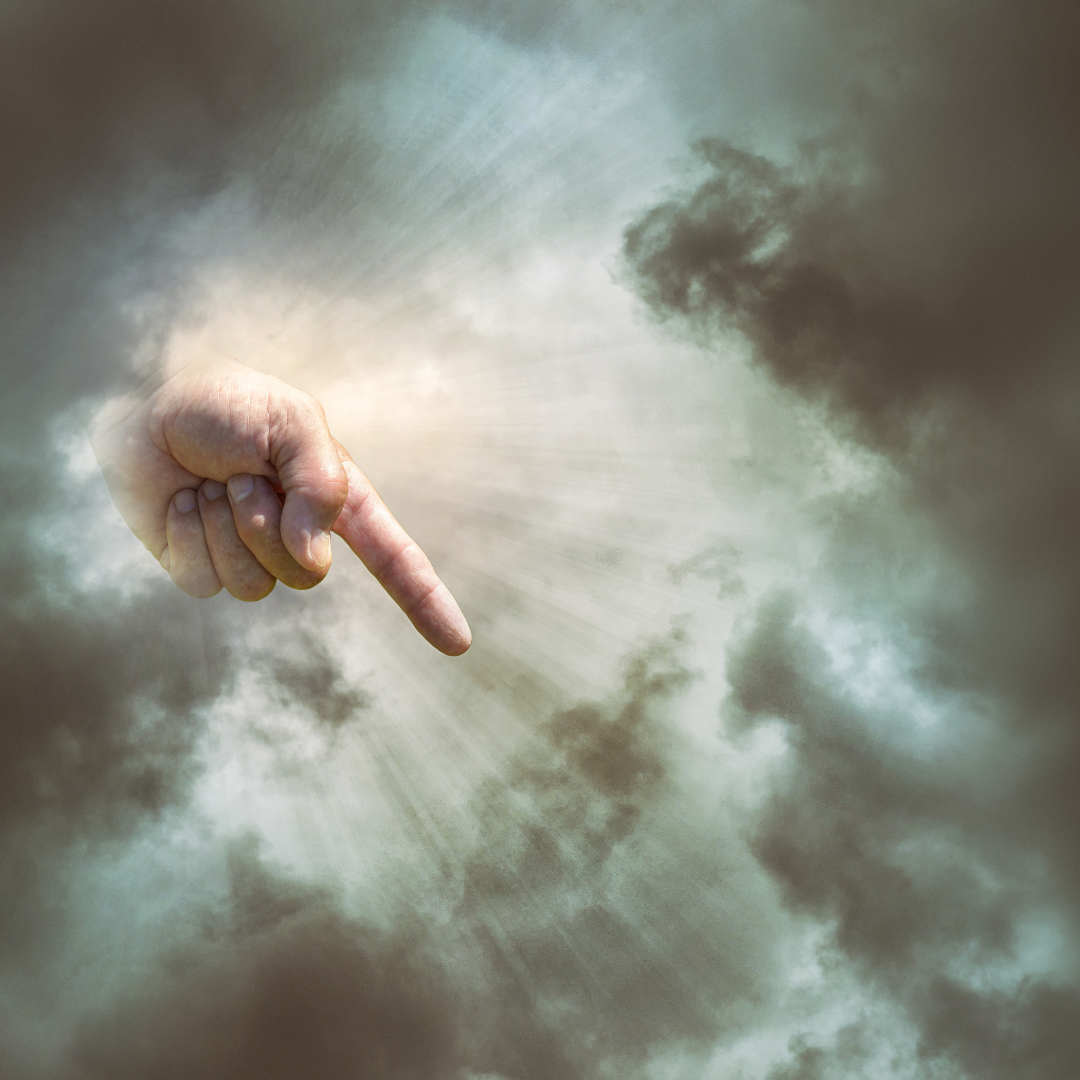Rethinking Chiron
I have many reasons to be thankful for Chiron. That may seem like an odd thing to say about the Wounded Healer. Most astrologers would say having Chiron in the 11th house like I do means that some of my greatest wounds will come from rejection by my communities. And there’s nothing I can do about it. Chiron wounds can’t be healed, they say. The best I can hope for is using my experience with the wound to heal others with the same wound.
When I learned this, I got angry. I knew there was something to this Chiron business, but I believe in hope. I was convinced that my community was out there somewhere. I just hadn’t found my people yet. I didn’t care how many astrologers I respected subscribed to that story of Chiron. I refused to believe that my Chiron wound couldn’t be healed. If I couldn’t find a community to accept me, I was going to make one. I was going to build the most welcoming community I’d ever seen.
Before I knew what Chiron was, I had already started doing the work. After college, I spent a year in a community organizing internship. I was supposed to be learning how to rally a community around social justice work. What I actually learned was how to create communities where people aren’t just lonely followers and observers. They are included and actively involved members of the community because they are seen and appreciated for their unique skills and interests.
Using what I learned from that internship, I used Discord to create the community that would eventually become the Narrative Astrology Lab. I wasn’t thinking of it as a place where people with rejection wounds like mine could find a place they belong for the first time. Yet, over and over I’ve heard newbies say, “I’ve never been one of the cool kids before!”
Recently, one of the members of the lab asked me about my experience with Chiron. Mars had just finished spending months activating their natal Chiron in Gemini. I have Mars conjunct Chiron in Gemini in my natal chart, and they wondered if the transit had taught me anything about that Mars-Chiron combination.
I hadn’t realized it until that moment, but that transit completely revolutionized my view of Chiron. I no longer see Chiron as the Wounded Healer. The wound is only a small part of the Chiron story. Meditating on the rest of his story has made my view of Chiron so much richer… and brought massive healing, as well.
The wound of Chiron is a narrative problem.
I have only been physically dragged into a church once in my life. I was in high school, and my youth group was planning a retreat. It was the last night to sign up, and I wasn’t on the list. I had no interest in going. As we waited for our parents to pick us up in the church parking lot, a group of the younger kids begged me to sign up, and I refused. When it became clear that I wasn’t going to budge, the group picked me up like the world’s smallest traveling mosh pit and carried me into church.
My memory of this event is vivid. When I close my eyes, I can still see the white doors of the church getting closer as I yelled, begging to be put down. I didn’t want to spend days cramped in tight quarters with a bunch of other church kids. I wanted to be left alone.
I don’t have an especially vivid memory. It’s rare for me to be able to recall images from the past clearly. It’s even rarer for me to be able to recall a random memory like refusing to sign up for a church trip. I have learned that when my unconscious keeps a random memory cryogenically frozen for decades, the memory isn’t actually random. These oddly vivid memories are artifacts of a personal narrative I’m carrying that is disconnected from reality and ready to retire.
The story I told about that day at church was that it was one of many examples of times when I’ve been rejected by a community I care about. Looking at it now, it’s strikingly obvious that I wasn’t being rejected. They really wanted me to join them!
How could I make such an obvious mistake? Because of my personal narrative.
I’ve always been a weird kid. Wonky knees kept me from running around on the playground. I wasn’t able to participate in gym class. I had to sit on the bleachers and watch. The other kids noticed and acted like my disability was a communicable disease, either teasing me or avoiding me. By the time I was in high school, I identified as an outcast. I told myself that I was looking for my people as hard as I could, but deep down I believed I was–and always would be–rejected by every community I cared about.
The story of being dragged into church should have contradicted this narrative. If I’d been able to look at it critically, it would have, but the conscious mind filters our perceptions of reality to suit our unconscious narratives. The narrative of rejection clouded my judgment, making it impossible for me to see the truth.
All was not lost, though. Like a grain of sand in the shell of an oyster, the memory of being dragged into church irritated me until the day I was ready to recognize it as a pearl.
Chiron’s house is the place where we are adopted by the gods.
A few months ago, I was captivated by an element of the story of Chiron no one talks about. The story begins with Chiron being rejected by his human mother who is horrified to have given birth to a centaur. This is the part we focus on, the pain and horror of childhood rejection. But it’s not the end of the story. Chiron is adopted by Artemis and Apollo.
Today, we know that psychological wounding we get in childhood sticks with us for the rest of our lives, but in the myth, we don’t see him pining for his biological parents. We can chalk that up to ancient ignorance of child psychology, but doing so diminishes the love of adopted families. Being adopted by the gods seems to suit Chiron just fine. He grows up to be a well-respected doctor and mentor of heroes.
What if Chiron’s place in our charts doesn’t just point to a rejection wound? I wondered. What if it also points to a place where we have been adopted by the gods?
I thought back to the times when I have felt most alienated. I realized that those were the times when I spent the most time at the library. Books were my mentors and closest friends, but I wasn’t completely lacking human support. I had teachers who recognized my bookishness and encouraged me to see my love of reading and writing as a way to connect with others.
Who’s to say those teachers weren’t messengers of Hermes?
Planets conjunct Chiron aren’t easy to accept.
If my story was a simple fairy tale, I would say that this realization about Chiron allowed me to see that I had been accepted by every community I had ever belonged to, that my perceived rejection was just an illusion. And then I lived happily ever after.
The truth is more complicated.
On the day I was dragged into church, I had set a boundary with my community. I didn’t want to go to the retreat. I told them I had no intention of going. They physically crossed my boundary and attempted to get me to go anyway.
I wasn’t rejected, but my boundaries were. My community wanted me… but without my Mars.
When I look back at the times I’ve felt alienated in communities, my Mars has been there like a berserker looming over my shoulder. I am not an aggressive person. When threatened, my first instinct is to fawn, not attack. Yet, I’ve always felt like people can sense my Mars like the smell of something feral.
“I feel like I was raised by wolves and am still learning to be civilized, don’t you?” one of my professors once asked me.
When I was a teenager, I was a punk on the outside. It was my way of exercising self-defense. Like a hedgehog, I wore spikes on my skin. Kicking a hedgehog is its own punishment. I hoped that my spikiness would send the same message. Then I went to college with the plan to disappear in the crowded anonymity of Boston. I shed my punk aesthetic for a peacoat and a knitted slouch hat. I wore them like an invisibility cloak. If I had the language of astrology then, I would have thought: There is no reason for my Mars to be here. Maybe now it will shrivel up and fall off.
I suspect Chiron feels similarly about his horsey backside. In myth, Chiron is the token centaur in a community that sees centaurs as brutish barbarians. He achieves an honored place in his community by playing by the rules, continually demonstrating that he is “different than all those other animals.” He is the civilized centaur, so educated and refined he is trusted with the mentoring of heroes. In the process, he rejects the animal part of his nature that is rejected by his community.
Embracing Chiron is necessary healing.
In one of the versions of the myth of Chiron, he does an odd thing. When he is wounded and discovers it is a wound he can’t heal, he takes the place of Prometheus, the rebel being punished for stealing fire from the gods. Seeing Chiron taking punishment he doesn’t deserve, Zeus frees him and puts him in the starry sky.
In other versions of his story, Chiron isn’t wounded at all. He is rounded up with all the other centaurs and killed in a centaur genocide. His willingness to conform doesn’t save him. Neither does his supposed immortality. When his community decides it is no longer willing to tolerate centaurs, no one cares that he’s the civilized one. He is killed, anyway.
I like to think that these two versions of the myth represent different paths he could have taken. Different paths we all could take when presented with the option to wound ourselves in the quest to fit in. And the consequences of betraying an aspect of our nature.
It is only when Chiron is willing to identify with the rebel Prometheus, and embrace the rejected parts of himself, that he is able to take his place among the stars.
The alternative isn’t silent misery. It’s the death of his soul.
Let’s heal your Chiron.
Just like Chiron’s wound is only part of his story, the rejection you feel around your Chiron is only part of yours.
Let’s talk about the story of your Chiron beyond the wound.
Related Articles



